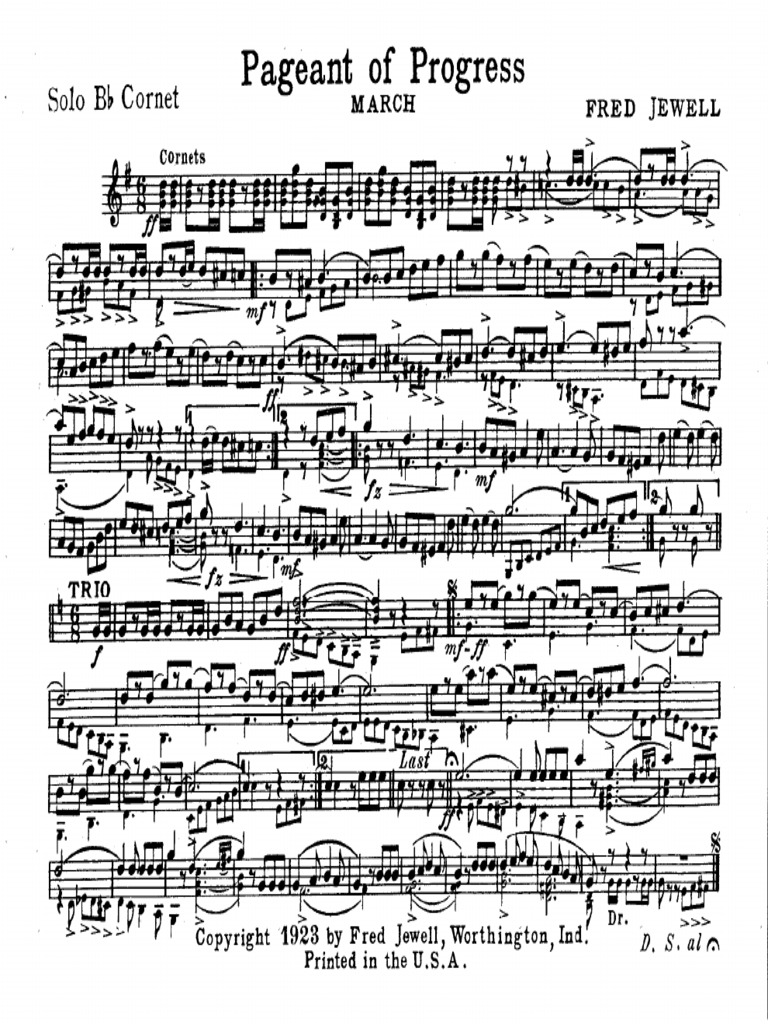Beyond Beauty: The Social Impact of Gay Pageants
Gay pageants are more than just events that celebrate beauty and charisma. They serve as platforms for advocacy, empowerment, and social change. In Thailand, the Mr. Gay Universe Thailand 2025 competition is not only about selecting a winner but also about identifying individuals who can make a meaningful impact on society.
After an audition in May, 24 contestants presented their social campaigns at the University of Phayao’s College of Management in Bangkok on July 5. These campaigns covered a wide range of issues, including safe spaces, sexual health, and gender diversity. The Best Pride Campaign award will be announced on Saturday, with the winner moving directly to the final round, which will determine the national representative for the global Mr. Gay Universe competition set to take place in India in November.
The Mr. Gay Universe competition aims to increase the visibility of gay men and empower them to become role models and change-makers in their communities. It provides an opportunity for participants to showcase their creativity, public spirit, and commitment to social causes.
Key Social Campaigns from Contestants
One of the standout campaigns was “Empower Of Uniblood” by Panupong Pimprasit. He called on the Thai Red Cross Society to lift the ban on blood donations by LGBTIs, citing the stigma associated with risky sexual behavior and the spread of HIV/AIDS in 1985. He emphasized that the Food and Drug Administration (FDA) had already revised its guidelines on blood donation in 2023, removing restrictions on donations by gay and bisexual men. Panupong proposed a universal screening process that applies to all donors regardless of their sexual orientation, gender, or sex.
Another notable campaign was “My Little Pride Show” by Surachai Saengsuwan. This initiative focuses on mentoring children with Down syndrome through art camps and collaborations with the LGBTI community. Surachai has been organizing these events for seven years, aiming to improve public perception of individuals with Down syndrome as givers rather than recipients.
Jakkaphan Phataraaksornsakul, who won the “Drag Queen Iconic Buriram Award,” is working on a campaign titled “Disability And Diversity My Power My Pride.” Born with a cleft lip and palate, Jakkaphan has faced discrimination and wants to mentor disabled individuals interested in drag performances. His message is clear: there is no need to hide one’s identity; instead, it should be celebrated.
Pand Chandrakaeo’s project, “Rainbow Wounds,” raises awareness about the impact of violence on LGBTIs, especially those with intersectional identities. By encouraging victims to speak out on social media, he aims to empower them and create a safer environment for the community.
Santi Kengsuwan’s project, “Notice The Red Flag,” addresses rising violence against LGBTIs. His online group offers immediate help, news alerts, and psychological support for vulnerable groups, including sex workers. Eakachai Sreprom is developing an app called Gay Unicorn, which serves as a community space for gay men to discuss topics ranging from rights to sexual health.
Promoting Gender Diversity in Education
Some contestants focused on promoting gender diversity in educational settings. Pattawee Tunprasert is planning a campaign to create safe spaces in elementary schools, addressing the higher stress levels among LGBTI students. Meanwhile, Supakij Phosida’s “Hear And Heal” campaign aims to reintegrate LGBTI ex-inmates into society by providing training and job opportunities through a Memorandum of Understanding with local factories.
These initiatives highlight the broader purpose of gay pageants: to foster inclusivity, challenge societal norms, and drive positive change. Through their campaigns, the contestants are not only showcasing their talents but also making a significant contribution to the well-being of their communities.







